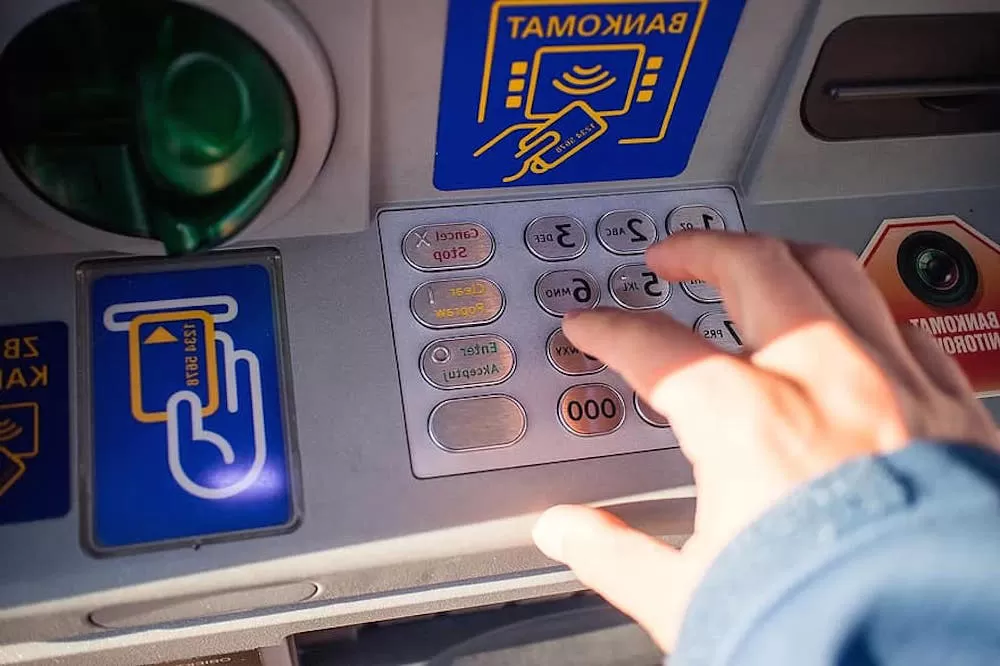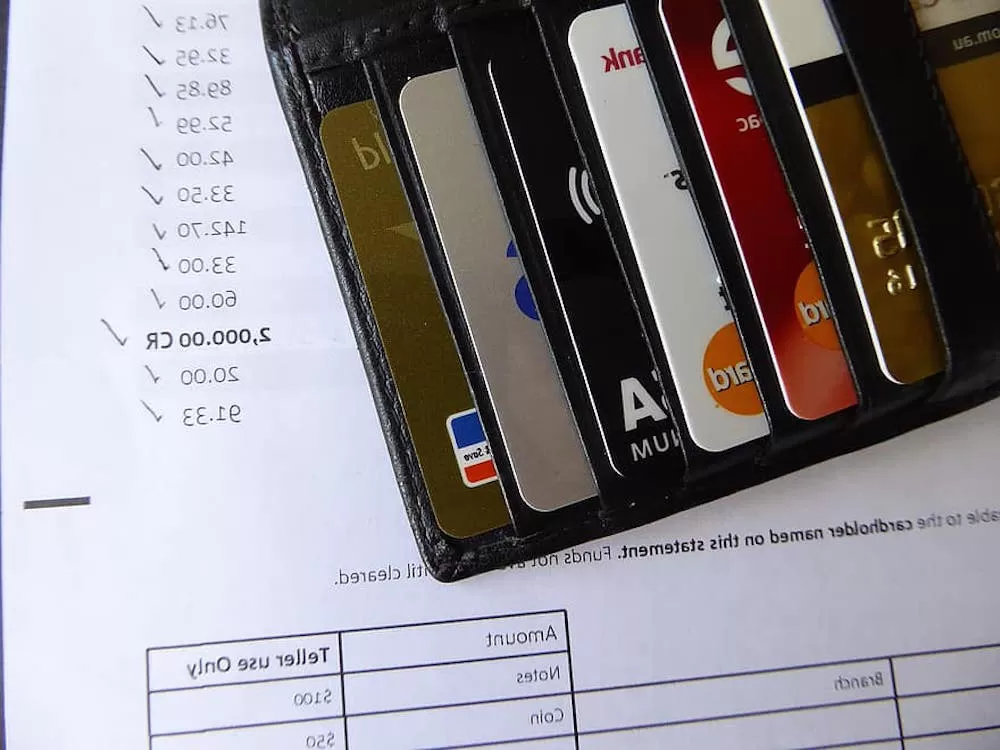
Fortunately, unlike paying taxes in Canada, you don't have to be a citizen or resident of the country to open a local bank account here. In fact, you also don't need to have a job or even some money for your first deposit in order to set up an account here. All you really need is to go to a local bank yourself and start the process. Though there are a few banks that will allow you to set up your account remotely so that you can use it when you go to Canada, it's more common that you be physically present for the entire process.
As already mentioned, it's not necessarily a legal requirement for people going to or moving to Canada to have a bank account. A lot of Canadians themselves don't even have their own accounts here. However, more often than not, you'll have a difficult time managing your finances if you don't have a local bank account. You also won't be able to use a credit card here as they can only be given if you have an account. This poses a real problem since Canada relies heavily on credit in terms of payments and other transactions.

When you go to a bank to apply to open up a local account, they will ask you to show a few documents to start the process. They generally include a valid ID, your immigration papers, proof of address, and your Social Insurance Number (SIN). Now, all of this seems like opening a bank account is reserved for those who've moved to Canada, right? Well, there are a few banks that allow non-residents to set up an account with them. And it's up to them which documents they'll require you to show. But for the most part, the aforementioned documents are generally needed to open a local Canadian bank account.
If you've just moved to Canada, it's highly likely you won't have some of the required documents handy with you. In this situation, there are ways in going about getting them. For instance, to get your immigration papers, you can go to Canada's government website to find out how to attain your own copies. Once you have your copies, you can now get your SIN by applying for one to the Canadian government. And in this process, you'll need to show your legal papers allowing you to reside in the country and a valid ID (your valid passport can do!).

Once you've set up your account, expect that you will face some fees while doing transactions with the bank. More often than not, Canadian banks require storing your account with a minimum of C$3,500.00 so that your internal monthly fees would be free. However, if your account only has less than this, monthly fees can go up to C$30.00. In terms of transaction fees, on the other hand, it's mostly free as long as you don't exceed your bank's limit. If you do, the transaction fee would be C$1.00 for every transaction you make. Meanwhile, using a different bank's ATM machine will cost you C$1.50.
Now, which Canadian banks should you consider setting up an account with? Firstly, for an easier application process, you can go for the banks that don't require a SIN. They include RBC, the National Bank of Canada, and Scotia Bank. It also helps that these are major players in the finance game in the country, so you can expect that they'll have a lot of branches throughout Canada. Toronto-Dominion Bank (TD Bank) and the Bank of Montreal are also popular in the country, so expect them to have man branches throughout the country. Though the latter, the Bank of Montreal, will be a bit limited. to just the French-speaking province.

Opening a bank account in Canada will make your new life here easier to handle, a lot less stressful, and will ensure that you can and will manage your finances well. Fortunately, the process is relatively easy and there are a loot great banks to choose from here!
Once you have your account, you can finally invest in a luxurious Canadian rental for your new home here! Don't worry, you can better manage it with a local account.